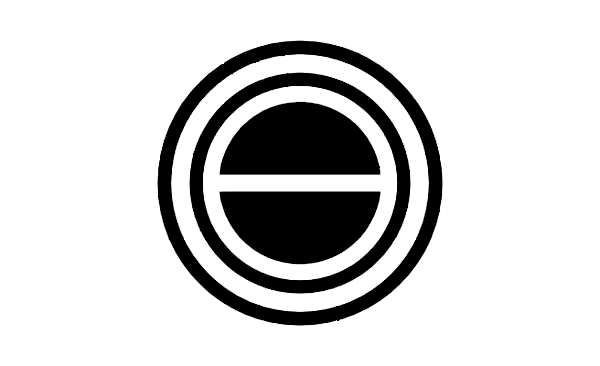How women in Sierra Leone are powering health clinics with solar energy
Sierra Leone is one of the deadliest places in the world to give birth due to the lack of proper medical infrastructure. For every 100,000 live births in the country, 1,360 mothers die. But a group of women wants to change this by using clean energy.
The Barefoot Women Solar Engineers Association of Sierra Leone, commonly called the Barefoot Women, are mostly illiterate and semi-illiterate rural women in the Port Loko district. Despite this, they’ve become a group of solar energy experts.

Some of the solar panels in the Barefoot Women’s training hall. Courtesy of Abdul Brima
“Light is life”
Understanding the harsh conditions pregnant women and their unborn babies suffer during childbirth, the women motivate themselves to electrify rural clinics to improve healthcare. They have managed to light up over 60 community clinics in different locations across northern Sierra Leone. They aim to lower emissions while improving public health in the country.
“It is important to provide these clinics with electricity because light is life, and by doing so, we save lives and serve our communities,” said Mary Dao, a solar engineer and the deputy head of Barefoot Women’s College. “Some of our members had lost loved ones during childbirth when there was no electricity in most clinics.”
This cooperative became so popular among village women that the government selected a handful of them in 2010 to receive solar installation and maintenance training at the Barefoot college in India. Equipped with the necessary skills, these women returned home determined to connect their communities’ hospitals to solar energy.
Their inability to read and write is no obstacle to replicating their knowledge. They designed courses that enable students to learn through listening and memorizing, using color-coded charts to help them remember the arrangement and combination of wires. Since their return, they have trained over 300 rural women in solar installation and maintenance.

A training instructor looking through one of the components. Courtesy of Abdul Brima
Risky births
Power is an expensive commodity for rural clinics, especially those cut off from the national grid. The ongoing Covid-19 has worsened what was already a worrying situation. Inspired by their own experiences, this group of women figured that by installing solar panels in clinics, they could provide a stable, clean and cheap energy source.
Saleh added that the women also install solar pumps that help harvest water from wells into tanks. This allows clinics to access clean water, a limited resource in certain health facilities.
Delivering a baby at night can be especially risky in Sierra Leone because he explained that the health facility could be without lighting. According to a USAID-funded project, 79% of peripheral health posts (PHUs) lacked continuous electrical power.
“My nurses and I relied on small Chinese lamps or lights from our mobile phones to deliver women at night. Those were very challenging and dangerous times,” Saleh says. These conditions increased the likelihood of mothers and babies dying through complications that required functioning electricity for resuscitation, warmth from radiant heaters, and operative delivery.

Dao points to the different color codes on the whiteboard. Courtesy of Abdul Brima.jpg
Room to expand their power
In Sierra Leone, very few people have access to electricity, with more than 90% of people in urban areas going without power. Petrol or diesel generators are often used because most regions lack a stable public power supply. Battery lamps or candles are primarily used, and charcoal remains the main cooking fuel for the vast majority.
Even though the government of Sierra Leone had already invested some $820,000 in the Barefoot women project, the funding gap remains dire. Solar units cost anywhere between $500 and $800, which are very expensive for most rural households. Although the government wants to reduce taxes on solar panels, intentions are still to materialize.
With increased funding, the Barefoot Women know that they will reach more communities with clean and affordable power, improving light and life in their communities.

